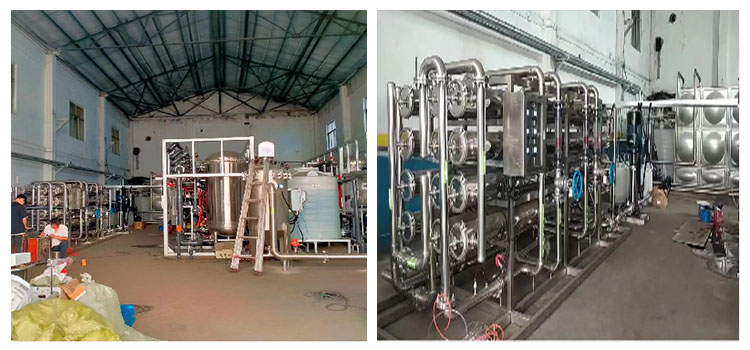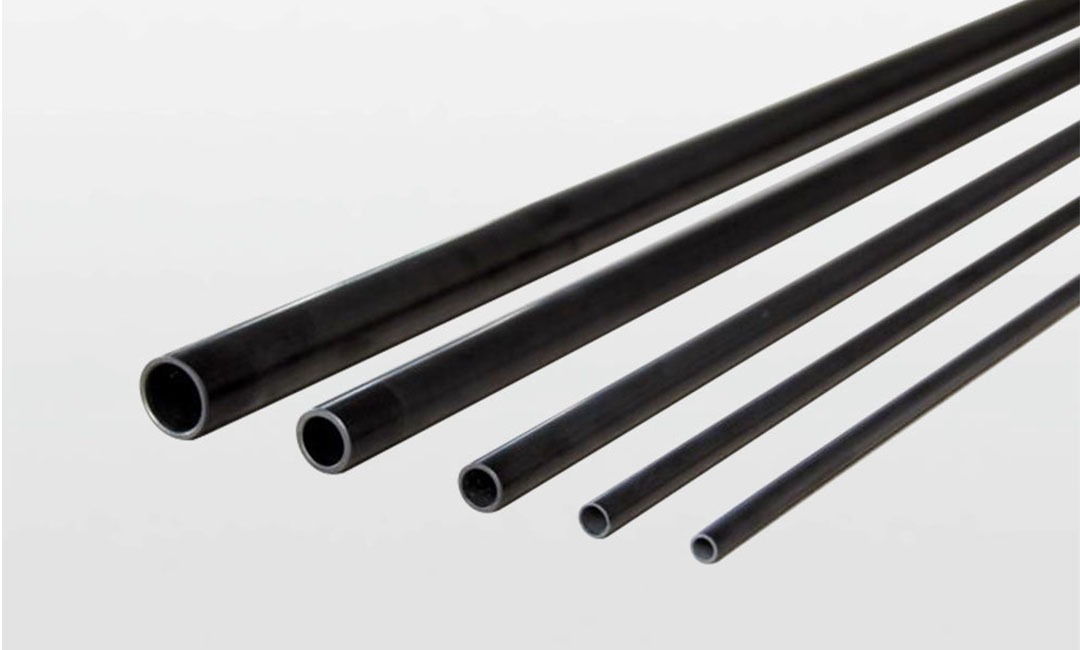Tubular Membrane Technology: Revolutionizing Brewery Filtration
Tubular membrane technology has revolutionized the way breweries filter their products, providing a more efficient and effective method for removing impurities and improving the overall quality of the final product. This innovative filtration process utilizes tubular membranes made of various materials such as ceramic, polymeric, or stainless steel, which allow for a more precise separation of particles and contaminants from the liquid being filtered.
One of the key advantages of tubular membranes is their high filtration efficiency, which is achieved through the use of a dense membrane material that effectively traps particles and impurities while allowing the liquid to pass through. This results in a cleaner and clearer final product, with a higher level of purity and consistency compared to traditional filtration methods.
In addition to their high filtration efficiency, tubular membranes also offer a larger surface area for filtration compared to other types of membranes, such as flat sheet or spiral-wound membranes. This increased surface area allows for a higher flow rate and faster filtration process, reducing the time and energy required to filter large volumes of liquid in a brewery setting.
Furthermore, tubular membranes are highly resistant to fouling, a common issue in filtration processes where particles and contaminants build up on the membrane surface, reducing its effectiveness over time. The design of tubular membranes allows for easy cleaning and maintenance, ensuring a longer lifespan and consistent performance throughout the filtration process.
Another benefit of tubular membrane technology is its versatility and adaptability to different types of liquids and brewing processes. Whether filtering beer, wine, spirits, or other beverages, tubular membranes can be customized to meet the specific requirements of each product, providing a tailored filtration solution that enhances the quality and taste of the final product.
Moreover, tubular membranes are environmentally friendly, as they require less water and chemicals compared to traditional filtration methods. This not only reduces the overall cost of filtration but also minimizes the impact on the environment, making tubular membrane technology a sustainable and eco-friendly choice for breweries looking to improve their filtration processes.

Overall, tubular membrane technology has transformed the way breweries filter their products, offering a more efficient, effective, and sustainable solution for removing impurities and enhancing the quality of their beverages. With its high filtration efficiency, larger surface area, resistance to fouling, and versatility in different brewing processes, tubular membranes have become an essential tool for breweries looking to achieve the highest standards of quality and consistency in their products. By embracing this innovative filtration technology, breweries can elevate their brewing process to new heights and deliver exceptional beverages that delight consumers around the world.
Benefits of Tubular Membranes in Beer Clarity and Quality
Filtration is a crucial step in the beer-making process, as it helps to remove impurities and particles that can affect the taste, clarity, and quality of the final product. One of the most effective filtration methods used in breweries today is the tubular membrane filtration system. Tubular membranes offer several benefits that enhance the filtration process and improve the overall quality of the beer.
One of the key advantages of tubular membranes is their high filtration efficiency. The tubular design allows for a large surface area to be in contact with the beer, which results in faster and more efficient filtration. This means that breweries can produce larger quantities of beer in a shorter amount of time, without compromising on quality. Additionally, tubular membranes are capable of removing a wide range of particles and impurities, including yeast, bacteria, and proteins, which can affect the taste and appearance of the beer.
Another benefit of tubular membranes is their ability to produce a clearer and brighter beer. The fine pores of the membranes effectively remove suspended solids and haze-causing particles, resulting in a beer that is visually appealing and free from any cloudiness or sediment. This improved clarity not only enhances the overall appearance of the beer but also contributes to a better drinking experience for consumers.

In addition to improving clarity, tubular membranes also play a crucial role in maintaining the quality and consistency of the beer. By removing unwanted particles and impurities, the membranes help to preserve the flavor profile of the beer and prevent off-flavors from developing. This ensures that each batch of beer is consistent in taste and quality, meeting the high standards expected by consumers.
Furthermore, tubular membranes are easy to clean and maintain, which is essential for ensuring the longevity and efficiency of the filtration system. The smooth surface of the membranes prevents particles from becoming trapped and clogging the pores, reducing the frequency of cleaning and maintenance required. This not only saves time and resources but also minimizes the risk of contamination and ensures that the beer remains pure and free from any unwanted flavors or odors.
Overall, the use of tubular membranes in breweries offers numerous benefits that enhance the filtration process and improve the quality of the beer. From increased filtration efficiency and clarity to maintaining flavor consistency and ease of maintenance, tubular membranes are a valuable tool for breweries looking to produce high-quality beer that meets the expectations of consumers. By investing in a tubular membrane filtration system, breweries can ensure that their beer is of the highest quality, with a clear appearance and consistent taste that will keep customers coming back for more.
Case Studies: Successful Implementation of Tubular Membranes in Breweries
Filtration is a crucial step in the brewing process, as it helps to remove impurities and ensure the quality and clarity of the final product. Traditional filtration methods, such as diatomaceous earth filtration, have been widely used in breweries for many years. However, in recent years, tubular membranes have emerged as a more efficient and cost-effective alternative for filtration in breweries.
Tubular membranes are a type of membrane filtration technology that consists of a series of hollow tubes through which the beer is passed. These membranes are made of materials such as ceramic, polymeric, or stainless steel, and have pores of varying sizes that can effectively remove particles and microorganisms from the beer.
One of the key advantages of tubular membranes is their high filtration efficiency. The small pore size of the membranes allows them to effectively remove particles as small as 0.1 microns, resulting in a clearer and more consistent final product. This high filtration efficiency also helps to extend the shelf life of the beer by reducing the risk of contamination and spoilage.
Another benefit of tubular membranes is their flexibility and scalability. Breweries of all sizes can easily implement tubular membrane filtration systems, as they can be customized to meet the specific needs and production volumes of each brewery. Additionally, tubular membranes are easy to install and operate, requiring minimal maintenance and downtime.
Several breweries have successfully implemented tubular membrane filtration systems and have seen significant improvements in the quality and efficiency of their brewing processes. For example, a craft brewery in California recently installed a tubular membrane filtration system and saw a 30% increase in filtration efficiency compared to their previous diatomaceous earth filtration system. This improvement not only resulted in a clearer and more consistent final product but also reduced the brewery’s operating costs and environmental impact.
In another case study, a large-scale brewery in Germany implemented tubular membranes in their filtration process and saw a 50% reduction in water usage and wastewater generation. The high filtration efficiency of the tubular membranes allowed the brewery to reuse water more effectively, leading to cost savings and environmental benefits.
Overall, the successful implementation of tubular membranes in breweries demonstrates the significant advantages of this filtration technology. From improved filtration efficiency and product quality to cost savings and environmental benefits, tubular membranes offer a range of advantages for breweries of all sizes.
In conclusion, tubular membranes have become a popular choice for filtration in breweries due to their high efficiency, flexibility, and scalability. Breweries that have implemented tubular membrane filtration systems have seen significant improvements in the quality and consistency of their final products, as well as cost savings and environmental benefits. As the brewing industry continues to evolve, tubular membranes are likely to play an increasingly important role in enhancing filtration processes and ensuring the production of high-quality beer.

